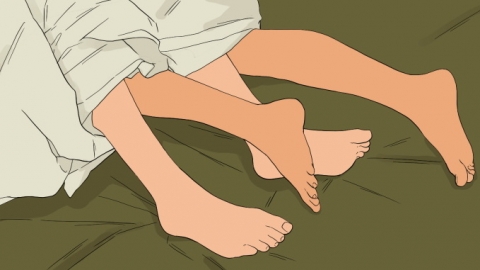Is it harmful to have intercourse on the afternoon of the second day after menstruation ends?
Generally, having intercourse on the afternoon of the second day after menstruation ends poses no significant issues for most healthy women. However, those who have not completely finished menstruating or who suffer from gynecological inflammation should avoid it. Detailed analysis is as follows:

If menstruation has truly ended, the vaginal environment gradually returns to normal, and intercourse at this time usually does not cause discomfort. Most women are not yet in their ovulation phase during this period, so the risk of unintended pregnancy is relatively low. Provided there is no obvious physical discomfort, normal sexual activity can resume with proper hygiene. Both partners should clean themselves before intercourse to reduce the risk of bacterial infection.
If menstruation appears to be over but there is still a small amount of brownish discharge, this indicates that the cervical opening has not fully closed and menstrual blood may remain in the uterine cavity. Having intercourse at this stage may introduce bacteria into the uterus, potentially leading to endometritis, pelvic inflammatory disease, or stimulating uterine contractions that could cause retrograde menstrual flow. Women with existing gynecological conditions such as vaginitis or cervicitis may experience worsened symptoms if they engage in intercourse during this time.
In daily life, it's important to carefully observe whether menstruation has truly ended. The external genitalia should be cleaned before and after intercourse. Choose cotton, breathable underwear and change and wash them frequently. If abdominal pain, abnormal vaginal discharge, or other discomforts occur after intercourse, rest adequately and maintain good external genital hygiene. Avoid self-medicating and allow the body to recover naturally.




